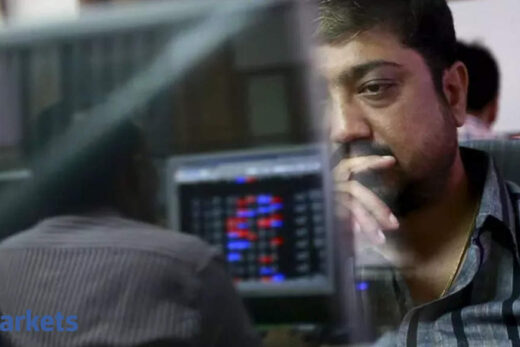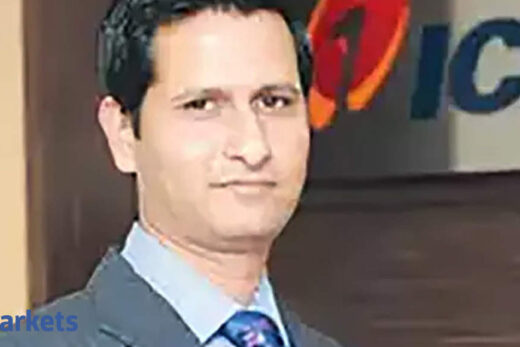A lot of the market participants sometimes have the fear of missing out (FOMO) and at these valuations, new demat accounts continue to be opened and retail investors are flocking to Dalal Street. What do you make of the bull rally we are seeing?
There is both greed and fear simultaneously in this market. There are a host of new investors who are coming in which is actually a very welcome trend. We have been waiting for this for a very long period. A large number of investors who are now coming in are from tier II, tier III towns. They are more technologically savvy. They study the markets and come in. Yes, there will always be a small part of retail investors who come in just for the momentum, but then those are part and parcel of the market and that has given a far more depth to our market.
We no longer keep looking over our shoulders trying to figure out whether FIIs are buying or selling anymore because domestic capital is now deep enough and smart enough to take those calls. Having said that, there is also a fear that I sense when I speak to a lot of large investors. They do believe that markets have probably run up too fast, too quickly. There is a fear of markets being very expensive.
I have been telling them consistently that it is not just about liquidity. The big story about this market really lies in earnings and in a Covid year, if Nifty earning was up 20% and this year consensus earnings for Nifty are likely to be in the range of 27-28%, our bet is that Nifty earnings will surprise on the upside not just for this year but for the next three years.
We are starting a very significant new earnings growth cycle in this country after years of earnings recession; balance sheets are far healthier today than they were anytime in the past. And there will always be an occasional correction in the market but my conviction in this bull market is reasonably high and it is predicated on the kind of change that we are seeing in the economy, in the corporate sector. More importantly, our belief is that we are going to see very strong earnings growth over the next three years. I would not be surprised if earnings compound between 28% and 30% for the next three years.
We have already got the Nifty trading at 24 times forward on a one-year basis. When earnings compound to the levels we are talking about, then these kinds of valuations do not suddenly seem as stretched and also of large investors red flagging.
Markets are forward looking and the reason why the markets are behaving the way they are behaving is because they are sensing that we are going to see a strong earnings revival over the next couple of years. Also, we cannot equate PE ratios in isolation. Every time in the past that our PE multiples peaked at 22 to 24 times, the interest rates were much higher. Today interest rates are much lower and therefore we need to account for that as well. It is quite possible that after a while, maybe for the next few months, the Nifty just consolidates in a range. By the time, earnings pick up, the PE ratios will normalise. It is good for everybody. If there is some kind of a time correction from here onwards or maybe markets could go higher and then time correct, it is very difficult to say but I am not fearful of the markets at all.
Do you see the runup in commodity prices in certain pockets playing spoilsport? Is that a significant risk on the downside?
In Q2 and probably even in Q3, we will see the impact of higher raw material prices and commodity prices which can put pressure on margins. But I do not think it is something that can derail the earnings growth story. Today what is happening is a little bit of a unique situation where higher costs and some kind of supply disruption is actually giving pricing power to manufacturers at the margin, especially companies which are able to pass on these hikes and where demand is reasonably strong.
For example, in automobiles, the auto industry is struggling with the supply chain and the chip issue and they are not able to supply as much but the demand is very strong. Look at the kind of bookings that XUV700 has got. Look at the waiting list that is there for some of the cars of Tata Motors and all the discounts have disappeared. In fact, second hand car prices have gone up.
In the case of the cement industry, while coal prices and costs have gone up, given the consolidated nature of the industry, they should be able to pass on the cost easily on to customers. So it will put some pressure on margins for the corporate sector for the next two quarters but for those who are able to pass it on, will see that an inflationary environment is accretive for earnings rather than causing head winds. So, we will be okay. Some of these issues are not so significantly permanent to be worried about. I am talking about a long-term trend in earnings. Investors will look through a couple of quarters of impact because of higher raw material prices.



